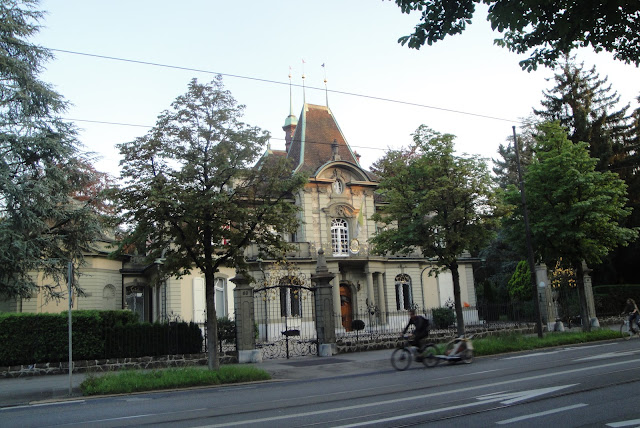Vatican examines access to abuse files in Swiss Nunciature and Rome. Precedent would be set for wider Church with potentially explosive consequences.
Vatican examines access to abuse files
Until now, the University of Zurich had no access to Vatican files in Bern and Rome. This should now be checked. Politics is also becoming active.
The Vatican wants to examine the request for access to files from the University of Zurich.
Pope Francis honored 21 men of God with the rank of cardinal in Rome yesterday. One of the new Cardinals is the Valais Vatican diplomat Emil Paul Tscherrig (76). As a cardinal, he now belongs to the innermost circle of power in the Catholic Church. There are currently 242 cardinals worldwide. Anyone who is younger than 80 can vote for the next pope.
The Swiss abuse crisis seems far away - but is still present in Rome. Tscherrig's well-wishers included two Swiss bishops who are suspected of a cover-up: the Bishop of Sion, Jean-Marie Lovey (73), and the former Bishop of Reykjavík, Peter Bürcher (77).
Witness statements are partly kept secret
Among the new cardinals is Víctor Manuel Fernández (61), head of the Congregation for the Doctrine of the Faith, formerly known as the Inquisition. Their archives contain, among other things, dossiers about Swiss cases of abuse, which the University of Zurich would like to view. Fernández to SonntagsBlick: “We have to analyze this together. On the one hand, we want transparency. On the other hand, the archives contain testimonies from people who asked for absolute secrecy. We cannot contradict the will of these people. We have also spoken to the Italian Bishops' Conference about this to see what we can do concretely without violating the will of some people."
And what about the files in the Bern Nunciature? So far, the Pope's ambassador to Switzerland, Archbishop Martin Krebs (66), has refused to open his archive to the University of Zurich. SonntagsBlick asked Cardinal Secretary of State Pietro Parolin (68), Krebs' superior.
He thinks: “The Swiss bishops have not yet contacted me. But if a request comes, we will consider it.” Diplomatic files are subject to secrecy. And a selective insight only into acts of abuse? “We can check that,” says Parolin.
“For the Federal Councilor, the question of a national church court does not currently arise. It relies on the current criminal justice system in Switzerland.”
In Switzerland, calls for government intervention are now becoming louder. In an open letter to Federal Councilor Elisabeth Baume-Schneider (59), the victim protection organization Sapec from western Switzerland demands that it should not leave the church alone in setting up a national church court: “How can one be sure that such a court is run exclusively by the church depends, is impartial?"
Baume-Schneider's department confirms receipt of the letter. But: “For the Federal Councilor, the question of a national church court does not currently arise. It relies on the current criminal justice system in Switzerland.” Sapec reacted with disappointment. In contrast to secular criminal law, ecclesiastical criminal law can lift the statute of limitations in cases of abuse.
The Zurich Minister of Justice and Religion Jacqueline Fehr (60) is planning a Switzerland-wide initiative by the public prosecutor's office. "Ms. Fehr gave the senior public prosecutor of the canton of Zurich the order to work out a proposal for an inter-cantonal criminal investigation into the cases of abuse and their circumstances in cooperation with the Swiss Prosecutors' Conference (SSK)," said Fehr's spokeswoman.
According to the SSK, extraordinary public prosecutors who investigate across cantonal borders would be conceivable. “Such a process would have to be initiated by politicians,” she says.
Fehr now wants to coordinate with other cantons.










.jpeg)

Comments